SAPEA vacancy: Senior Scientific Policy Officer
SAPEA is advertising a vacancy for a full-time Senior Scientific Policy Officer, located in Brussels, Belgium.
Further details can be found below:
Senior Scientific Policy Officer (code number 45/2017)
Application deadline: September 22, 2017
For the EU-funded project SAPEA (Science Advice for Policy by European Academies) acatech is seeking a full-time Senior Scientific Policy Officer (SSPO).
Starting date: as soon as possible
Duration: Until the end of the project October 31, 2020 with the possibility of extension in case a second project phase will be achieved.
Location: acatech Brussels office, Belgium
Contract and salary: In accordance with the German labour agreement for public services (TVöD, Grade 15), under a Belgian contract. The monthly basic gross salary for this vacancy ranges from EUR 5,676 to 6,480 (based on a 12 months calculation); according to the appointed candidate’s level of work experience and additional aspects, for example, the national social security system which has to be used. The Belgian rules for vacation time and the European holiday rules apply. In addition 10 leave days/year will be provided by acatech. Travel within the EU is expected.
About the SAPEA project:
The EU-project SAPEA consists of a Consortium of the five European Academy Networks Academia Europaea, ALLEA, EASAC, Euro-CASE and FEAM. Spanning the disciplines of engineering, humanities, medicine, natural sciences and social sciences, SAPEA brings together the outstanding knowledge and expertise of Fellows from over 100 Academies, Young Academies and Learned Societies in more than 40 countries across Europe. Fellows provide their knowledge and expertise on a voluntary basis. SAPEA is part of the European Scientific Advice Mechanism (SAM), which provides independent, interdisciplinary and evidence-based scientific advice on policy issues to the European Commission. SAPEA works closely with the SAM High Level Group of Scientific Advisors (HLG). Furthermore the SAPEA project aims to strengthen cooperation and to foster synergies between the Academy Networks and their Member Academies, as well as to enhance existing structures. The project is funded through a grant from the EU’s Horizon 2020 programme. It runs until October 31, 2020.
About acatech:
acatech – the National Academy of Science and Engineering – is the voice of the technical sciences in Germany and abroad. As a working Academy, acatech supports policymakers and society by providing qualified technical evaluations and forward-looking recommendations. acatech acts as Coordinator of the SAPEA project and will, on behalf of the project Consortium, employ the Senior Scientific Policy Officer (SSPO).
Tasks and Responsibilities:
The SSPO will be a leading expert in the field of independent science-based policy advice. He/she will be responsible for the strategic development and facilitation of SAPEA’s science-for-policy activities and is accountable to the SAPEA Board, whose core membership comprises the Presidents of the Academy Networks. He/she will take primary responsibility for the Rapid Response Mechanism, which provides fast links between requests from the European Commission (EC) and the existing knowledge within the Academy networks. He/she will act as the Chair of a team of 5 SAPEA Scientific Policy Officers (SPOs), who are employed by the respective Academy Networks and who mostly conduct the work on SAPEA’s science-for-policy projects. He/she will be a member of the project’s Coordination Team, working in close cooperation with the Executive Directors of the Academy Networks, the project Coordinator, and the Head of Communications to take joint decisions on procedural and conceptual matters. He/she will have direct access to the Board and will be a standing invitee to meetings of the SAPEA Board. He/she will participate in meetings between the SAPEA Board and the HLG to develop strategic approaches to science-for-policy projects.
The tasks and responsibilities of the SSPO include, among others:
- Strategic development and facilitation of science-for-policy projects mostly conducted by the team of SPOs
- Taking primary responsibility for project leadership within the Rapid Response Mechanism, which provides fast access to existing knowledge within the Academy Networks
- Collaborate closely with the SAM Unit and High-Level Group regarding scientific topics, procedures and timelines
- Chairing the team of SPOs and working closely with them to facilitate and support their activities
- Organising a first assessment of scoping papers from the High-Level Group with the SAPEA Board
- Maintaining ties and organising meetings regarding topic-driven activities with various representatives of the EC, other European bodies such as the European Parliament (incl. STOA), institutions involved in SAM, and selected stakeholders.
Additional SSPO tasks that are partially shared by the SPOs are, amongst others:
- Drafting scoping papers, project outlines for scientific topics, work and budget plans
- Organising and participating in working-group meetings with Academy Fellows, external experts, and EC representatives
- Facilitating and possibly conducting reviews of scientific literature and other evidence
- Possibly conducting structured expert interviews or scientific writing,
- Horizon-scanning activities to identify and inform potential future scientific topics for SAPEA,
- Organising and managing an independent peer-review process for SAPEA products,
- Supporting the dissemination activities of the SAPEA Communications Office
Profile, skills, knowledge, experience and qualifications:
- At least 10 years of experience in the field of science-based policy advice in a European framework or in EU science management or EU science policy projects.
- A Master’s Degree coupled with other relevant post-graduate work experience or other qualification, a PhD qualification would be highly desirable,
- Excellent knowledge of the science-policy interface at European level,
- Excellent organisational and management skills
- Proven experience in delivering scientific or science-based publications of the highest quality,
- Strong interpersonal skills, with experience in building and maintaining strong working relationships with a range of internal and external stakeholders across Europe,
- Proven ability to facilitate the work of a team
- Proven experience in managing projects with leading scientists and other experts
- Clear and confident communication skills, with the ability to communicate complex scientific issues to different target audiences,
- Excellent oral and written proficiency in English (equivalent to native speaker level), working knowledge of German is an asset
- An existing network of stakeholder contacts in the field of the science-policy interface and experience of working in an EU-funded project are an asset.
- Experience of working with Academies is an asset.
If you are interested in applying for this position, please send your CV and motivation letter, together with details of two referees, to jobs@acatech.de by September 22, 2017 (code number 45/2017, pdf- documents, not larger than 3 MB).
Candidates will be informed by the Selection Committee of its verdict by the end of September and the interviews for retained candidates will take place in Brussels in October. Travel expenses according to German law (BRKG) will be reimbursed. acatech reserves the right not to appoint.
acatech and SAPEA apply an equal opportunities policy and accept applications without distinction on the grounds of sex, race, colour, ethnic or social origin, genetic features, language, religion, political or any other opinion, membership of a national minority, property, birth, disability, age or sexual orientation.
For further information:
www.sapea.info
http://ec.europa.eu/research/sam/index.cfm
http://www.acatech.de/uk/home-uk/international.html
http://www.acatech.de/fileadmin/user_upload/Baumstruktur_nach_Website/Acatech/root/de/UEber_Uns/Stellenausschreibungen/h2020-wp1617-societies_en.pdf (Horizon 2020 call, page 122 onwards.)

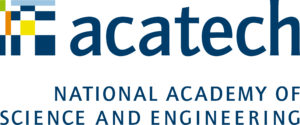
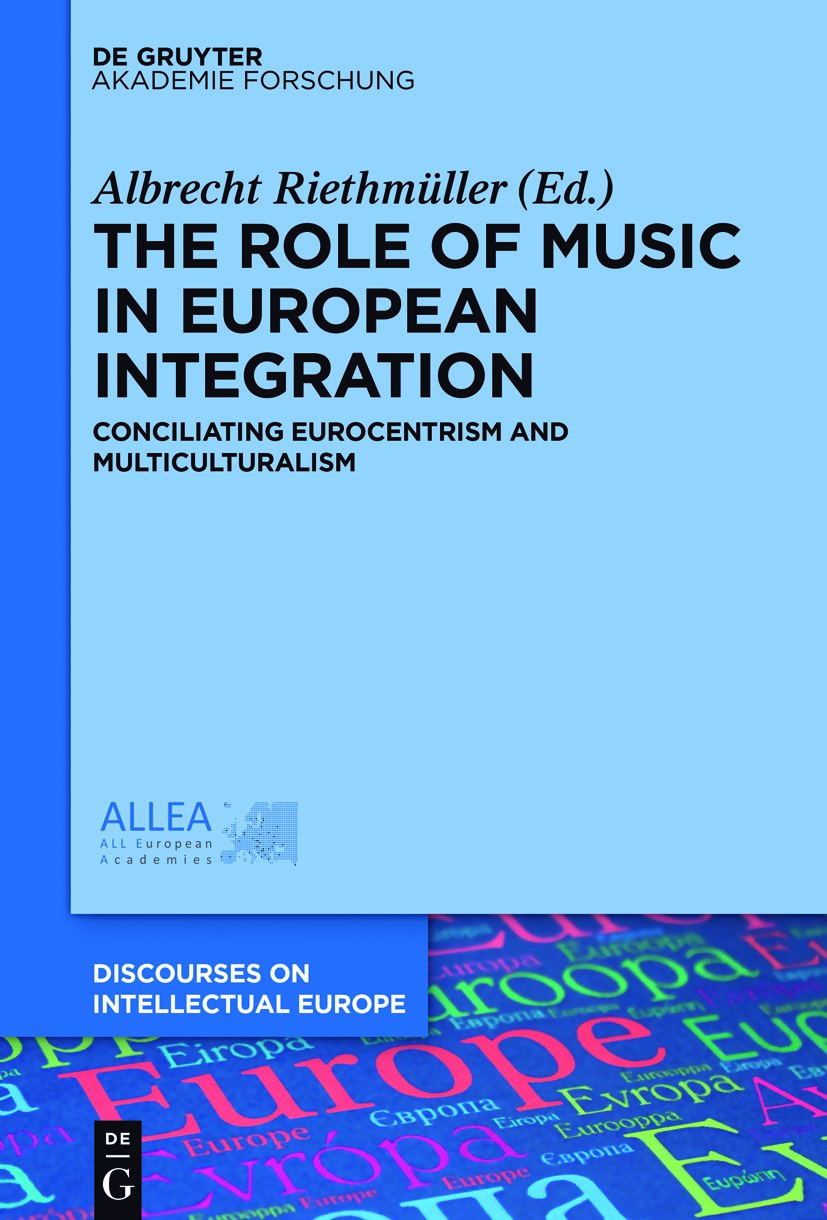
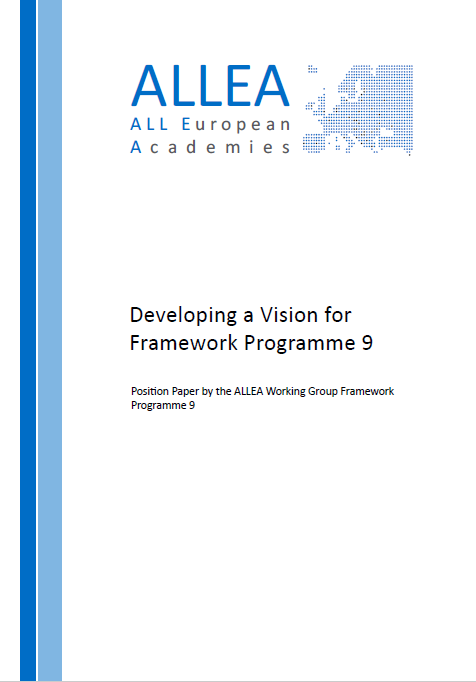
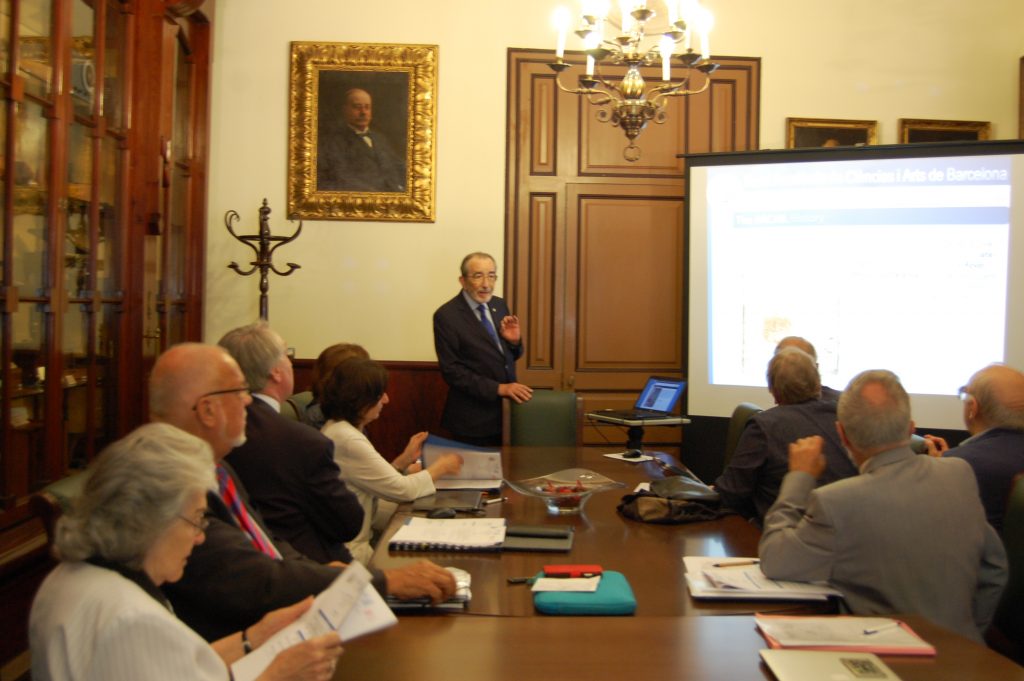
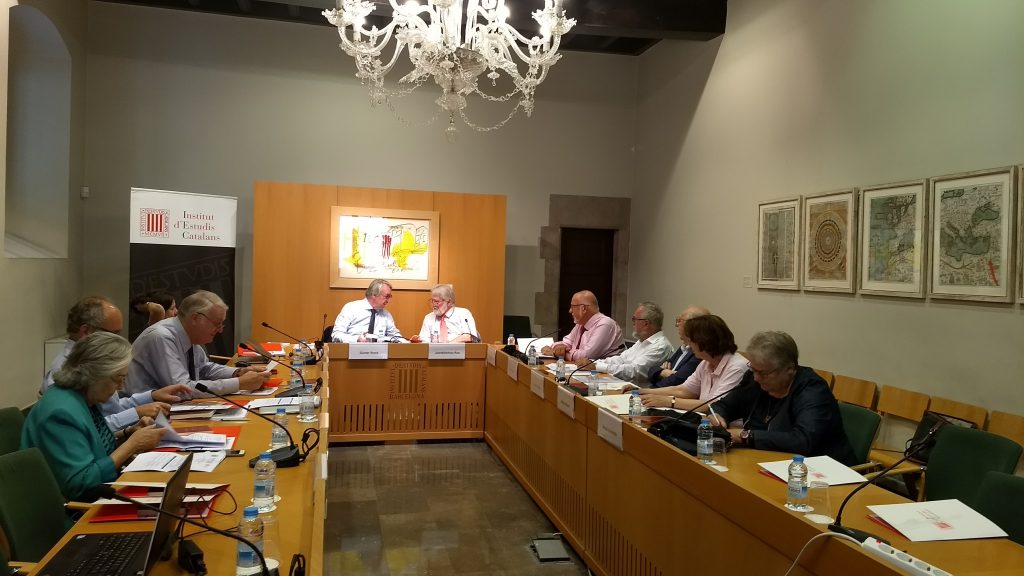
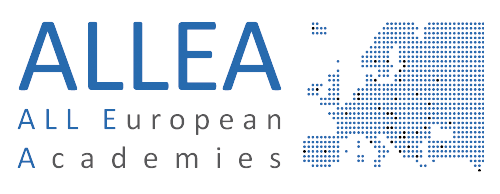
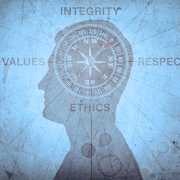
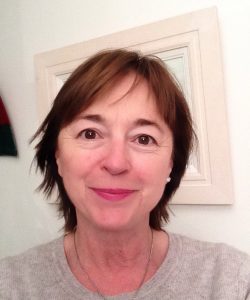
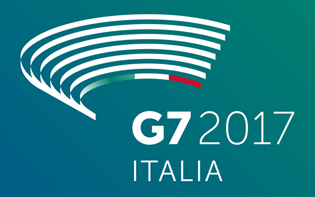
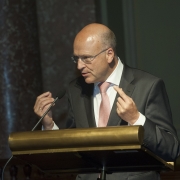
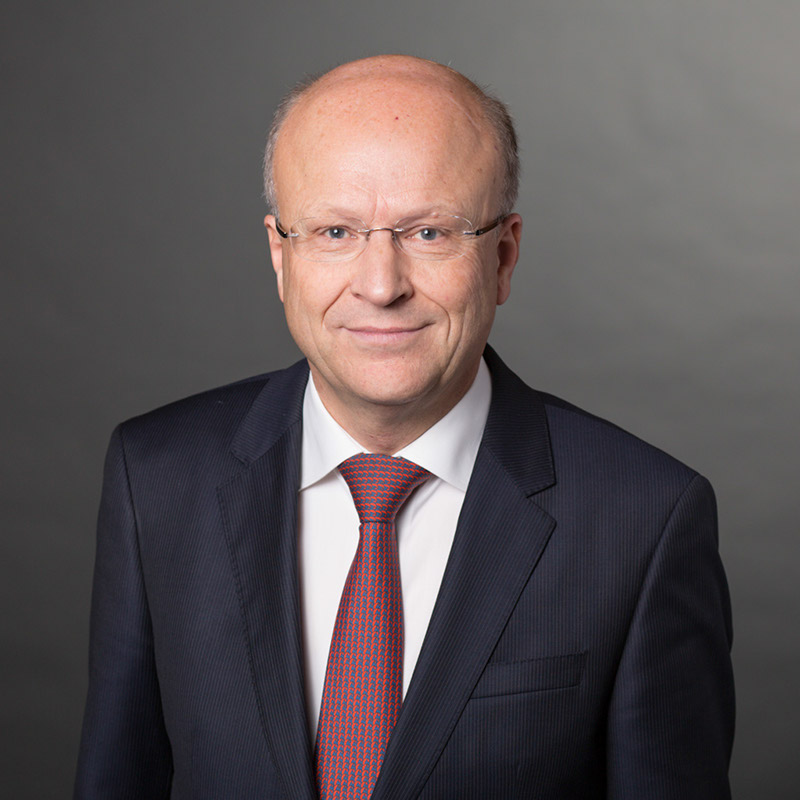
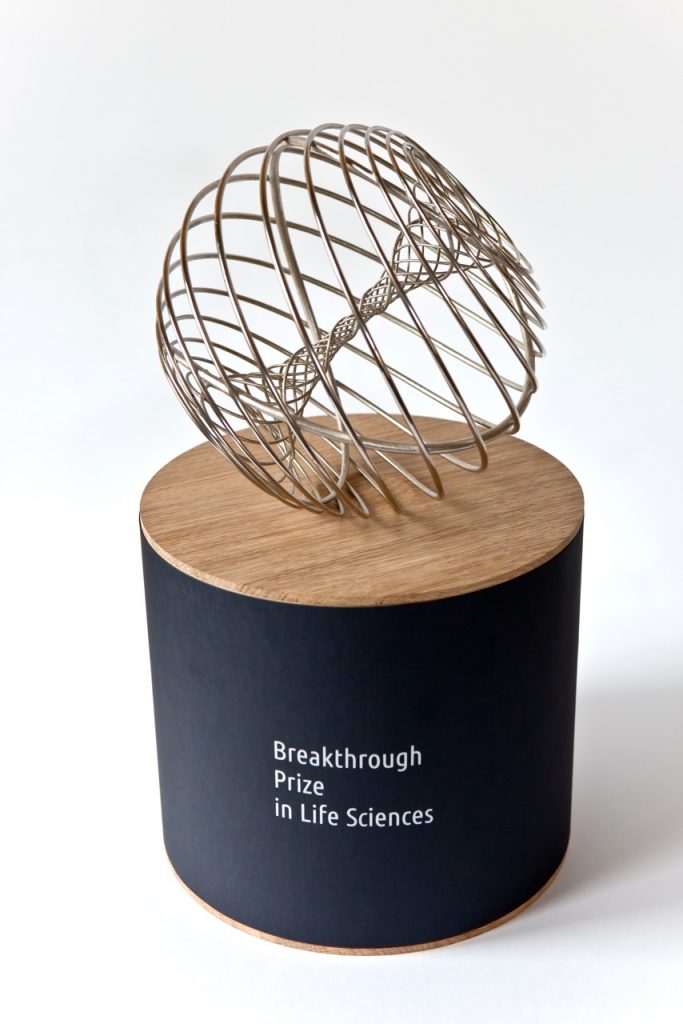 ALLEA brings together 59 academies in more than 40 countries, with members leading scholarly enquiry across all fields of the natural sciences, social sciences and humanities.
ALLEA brings together 59 academies in more than 40 countries, with members leading scholarly enquiry across all fields of the natural sciences, social sciences and humanities.